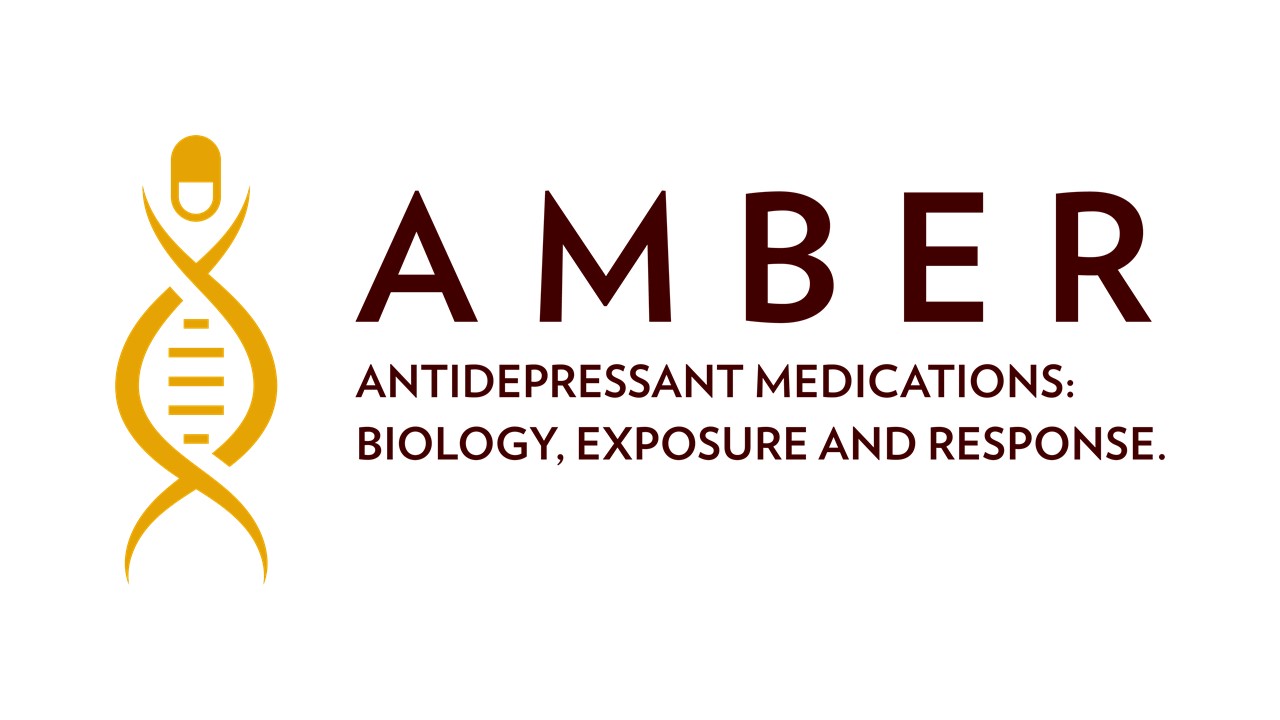Depression affects millions of people worldwide, and while medications called antidepressants can help, they don’t work for everyone. In fact, only about one-third of people fully recover after trying their first antidepressant. This research used information from the UK Biobank—a large health research study —to better understand who is more or less likely to benefit from four commonly prescribed antidepressants (citalopram, fluoxetine, paroxetine, and sertraline—all within the selective serotonin reuptake inhibitor (SSRI) family).
Researchers looked at nearly 20,000 people with major depressive disorder symptoms who completed a questionnaire about whether these medications helped them “feel better”. Most participants—around 7 out of 10—said that the medication they took was helpful. However, some groups were more likely to report that the antidepressant didn’t help:
- People with a history of alcohol or illicit drug use
- Men
- Those with lower household income
- People who had experienced a depressive episode lasting more than two years
- Those whose mood didn’t improve even during positive life events
The study also explored genetic factors. Some individuals have genetic differences that affect how their body metabolises medications. People with a genetic variant that slows down the metabolism of SSRIs were more likely to report that the medication didn’t work. In addition, people with a higher genetic risk for depression were less likely to respond well to SSRI treatment.
In summary, the study found that both life experiences and genetic makeup influence whether someone feels better on antidepressants. These insights could eventually help doctors tailor treatments based on a person’s background and biology, improving care and reducing the time it takes to find the right treatment.
The original journal paper: can be found at: DOI: https://doi.org/10.1017/S0033291725000388
Kamp, M., Lo, C., Kokkinidis, G., Chauhan, M., Gillett, A.C., McIntosh, A.M., Pain, O., Lewis, C.M. ‘Sociodemographic, clinical, and genetic factors associated with self-reported antidepressant response outcomes in the UK Biobank’, medRxiv 2024.10.23.24315970;



